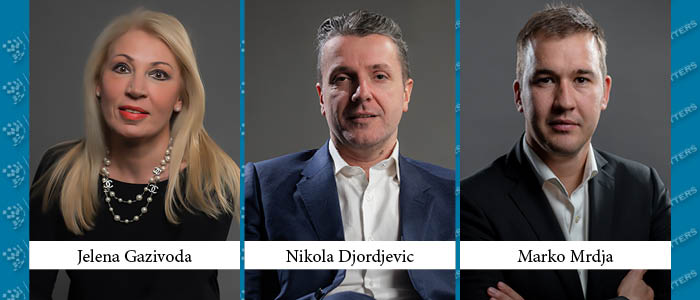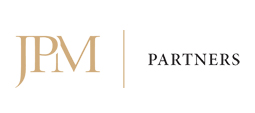Serbian Energy Regulatory Agency (AERS) has adopted the Tariff methodology for access to the natural gas transmission systems, which is now harmonized with the Commission Regulation (EU) 2017/460 of 16 March 2017 establishing a network code on harmonised transmission tariff structures for gas (NC TAR).
The Tariff methodology differentiates three entry points in a transmission system and three exit points from a transmission system, with 50% : 50% split of approved income between the entry and exit points: (i) entry points from another transmission system, (ii) entry point productions and (iii) entry point gas storage; (i) exit point domestic consumption, (ii) exit point interconnector and (iii) exit point gas storage.
It determines the following multiplicators: (i) 1.1 for quarterly capacity, (ii) 1.2 for monthly capacity, (iii) 2 for daily capacity and (iv) 2.2 for intraday capacity; while the seasonal factors are distributed for each month, with the lowest factor of 0.48 for monthly, daily and intraday capacity in June and highest factor of 2.08 for the same capacities in January. For reverse flow capacity, the tariffs shall be 10% of the corresponding capacity for the physical flow capacity.
The whole Tariff methodology can be found in the Official Gazette 12/2025, which was published on 7 February, which is the day when the methodology entered into force so that the transmission system operators which apply the regulated prices are obliged to apply rules set out by the methodology for the next determination of the prices.
By Jelena Gazivoda, Senior Partner, Nikola Djordjevic, Partner, and Marko Mrdja, Senior Associate, JPM & Partners


